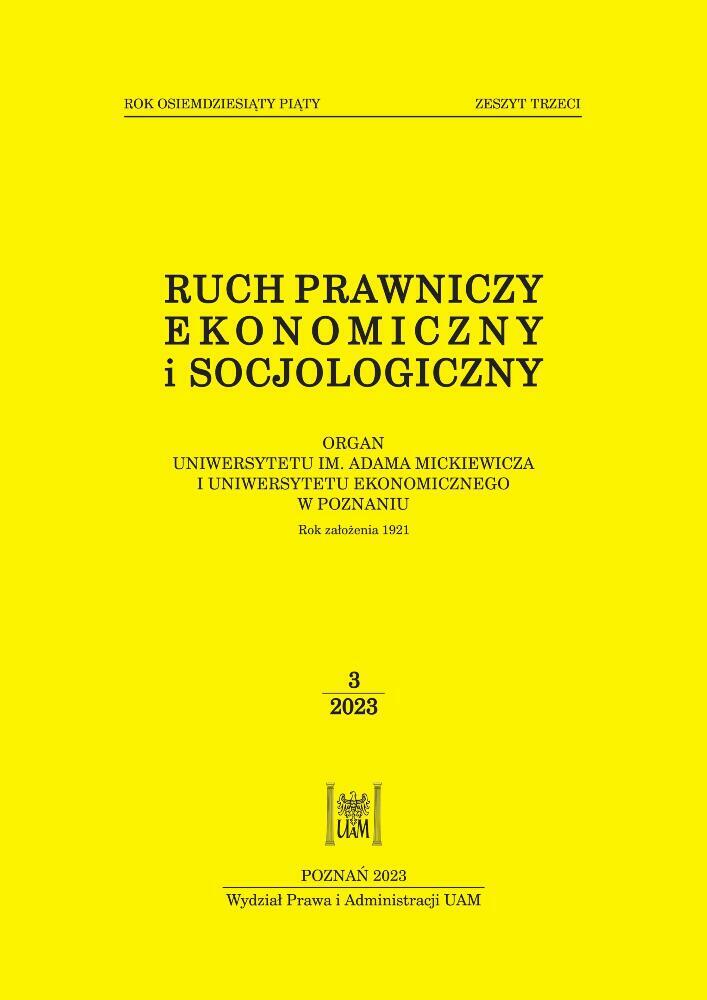THE FADING FLAME OF HOPE:
THE CLIMATE AND ENVIRONMENTAL EMERGENCY
IN THE EYES OF POLISH PUPILS AND STUDENTS
THE FADING FLAME OF HOPE:
THE CLIMATE AND ENVIRONMENTAL EMERGENCY
IN THE EYES OF POLISH PUPILS AND STUDENTS
Author(s): Aleksander CywińskiSubject(s): Environmental and Energy policy, Sociology of Education
Published by: Uniwersytet Adama Mickiewicza
Keywords: ecology; hope; self-fulfilling prophecy; environmental justice; ecological justice;
Summary/Abstract: The author’s motivation for undertaking this research was his own anxieties; anxieties arising from the global ecological and environmental emergency. The aim of my research was to deter-mine young people’s awareness of the climate emergency and their agency (possible actions) re-lated to remedying this phenomenon. In conducting the research, a mixed quantitative and quali-tative strategy was used with an online survey, thus examining the opinions of the respondents.The text analyses the answers to questions eliciting opinions on the climate and environmentalemergency (a term used in one of the European Parliament’s relevant resolutions), with particu-lar regard to the possibility of stopping the aforementioned crisis. Respondents were primary andsecondary pupils, and university students. Among the conclusions, the following should be singledout: 90.3% of respondents agree that we are dealing with an ecological and environmental emer-gency, but only 12.5% believe that we will stop the crisis, while 29.8% do not, and 57.7% do notknow. Most importantly, the analysis of young people’s statements reveals the pessimistic natureof their opinions, revealing the fading hope of remedying the emergency. In combination withthe literature review, this sends an alarming message about the need to act not only to deal withthe crisis but also in the field of information addressed to all social groups. In summary, there isevident fear that predictions of disaster may turn out to be self-fulfilling prophecies (as defined byRobert K. Merton). The demonstrated ability of young people to influence politicians offers us ahope that we might prevent such a disaster. For such action to succeed, it needs to take place both inside and outside of schools and universities.
Journal: Ruch Prawniczy, Ekonomiczny i Socjologiczny
- Issue Year: 85/2023
- Issue No: 3
- Page Range: 183-199
- Page Count: 17
- Language: English

